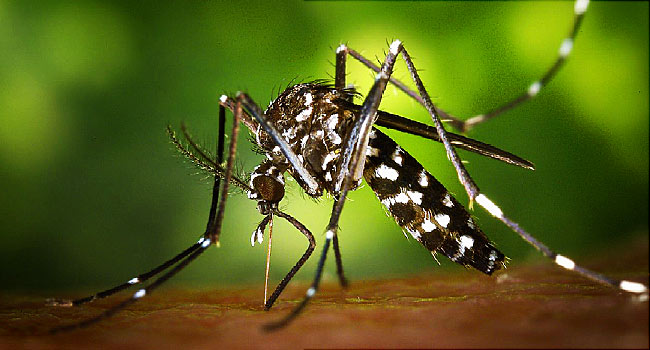The UN health agency said it had recently observed that the technique could prove successful in controlling some species of mosquito from spreading diseases amongst humans.
“The process involves rearing large quantities of sterilized male mosquitoes in dedicated facilities and then releasing them to mate with females in the wild,” WHO said in the November 14 announcement. “As they do not produce any offspring, the insect population declines over time.”
The International Atomic Energy Agency (IAEA) and the Food and Agriculture Organisation (FAO) have partnered with WHO to develop a pilot program for countries interested in using the technique to test the impact on disease transmission.
Malaria, dengue, Zika, chikungunya, and other related fevers account for about 17 percent of all infectious diseases globally, WHO said, claiming more than 700,000 lives yearly with far greater number suffering infections.
A spokesperson for WHO did not immediately return our email seeking comment about when the program would commence and whether there are future plans to deploy it against vicious mosquitoes ravaging tropical Africa.
WHO said it has become necessary to find a lasting solution to reducing or eradicating mosquitoes as disease vendors as half of the world population is at risk of dengue.
“Half the world’s population is now at risk of dengue,” Soumya Swaminathan, WHO chief scientist, said during the announcement. “And despite our best efforts, current efforts to control it are falling short.”
“We desperately need new approaches and this initiative is both promising and exciting,” the official added.
In recent decades, cases of dengue have increased due to environmental changes, unregulated urbanization, and transport, amidst insufficient sustainable vector control tools and their application.
Dengue outbreaks are still being reported in several parts of the world, notably on the Indian sub-continent.
Bangladesh has been facing the worst dengue outbreak since its first recorded epidemic in 2000. The country has become one of the earliest countries to express interest in testing the mosquito sterilization technique, WHO said.
Zika outbreak in Brazil was linked to an increase in the number of babies being born with microcephaly (a condition that shrinks a newborn’s head) since 2015.
Source: Premiumtimes

 The World Health Organisation (WHO) has announced plans to test a mosquito sterilization technique aimed at containing the spread of diseases such as dengue, chikungunya, and Zika.
The World Health Organisation (WHO) has announced plans to test a mosquito sterilization technique aimed at containing the spread of diseases such as dengue, chikungunya, and Zika.




